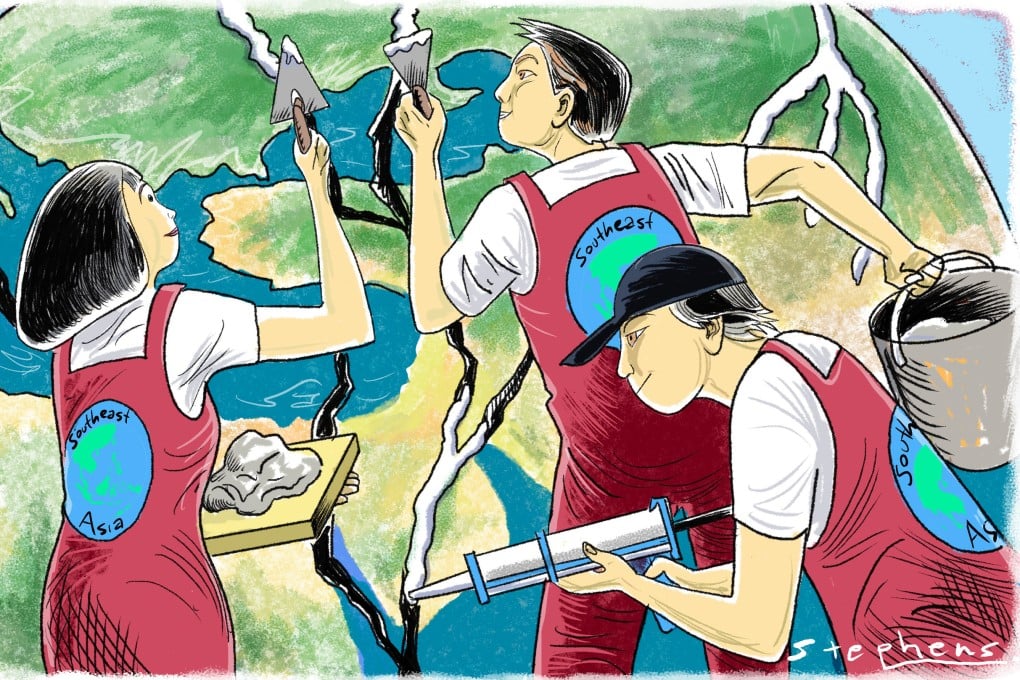Opinion | Southeast Asia is starting the work of fixing a broken world order
As UN reform remains elusive and ongoing crises escalate, several trends in Southeast Asia offer a picture of multilateralism done right

This month, alongside the roll-call of leaders’ statements at the General Assembly, the UN will also convene a Summit of the Future. The summit is supposed to be a “once-in-a-generation opportunity” to repair trust in international cooperation. It will produce a Pact for the Future. The current version of the draft pact lists 60 action items to address challenges related to sustainable development, global governance and peace and security.
Much of the list carries over unmet aspirations from past decades – a world free of nuclear weapons, hunger and poverty. With hardening geopolitical tensions, self-serving interpretations of international law and superficial commitments to world peace, there is good reason to be sceptical that the summit will produce any meaningful change on the ground.

